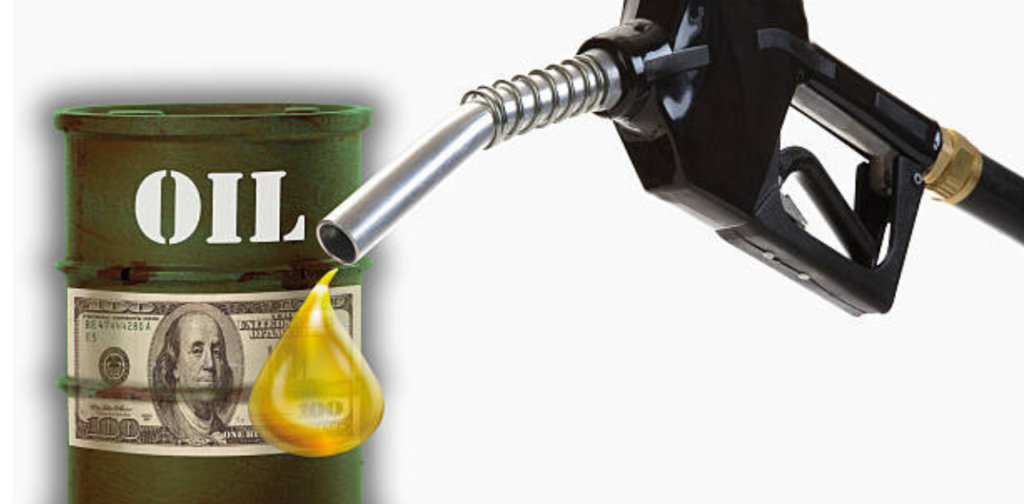Difference Between 20W40 and 20W50 Motor Oils
Choosing the proper motor oil is essential for engine maintenance on your car. Two common options you might encounter are 20W40 and 20W50 motor oils. Although they may have a similar appearance, these designations have unique characteristics and diverse functions. We’ll examine the variations between 20W40 and 20W50 motor oils in this post to assist you in selecting the best option for your vehicle’s requirements.

What is 20W40 oil used for?
20W40 motor oil is a multigrade oil, which means it offers a balance between cold-start protection and high-temperature performance. The “20W” part of the designation indicates its viscosity characteristics in colder temperatures, with the “20” representing its flow rate in low temperatures (W stands for winter). This means that 20W40 oil flows relatively well in cold weather, making it suitable for regions with moderate to warm climates.
Moderate Climates: 20W40 oil is ideal for vehicles operating in regions with mild winters and hot summers. It provides adequate cold-start protection while still offering good high-temperature stability.
Older Engines: It can be a suitable choice for older engines that were designed with 20W40 oil specifications. It helps maintain engine performance and protect against wear and tear.

What is 20W50 oil used for?
20W50 motor oil is another multigrade oil, but it has different viscosity characteristics compared to 20W40 oil. The “20W” part still signifies its cold-weather performance, but the “50” indicates that it has a higher viscosity at high temperatures than 20W40 oil. This means that 20W50 oil is thicker and provides better high-temperature protection.
High-Temperature Environments: 20W50 oil is suitable for vehicles operating in hot climates or for those with engines that tend to run hot. It offers excellent thermal stability and can handle the increased heat without breaking down.
Engines with High Performance and Racing: This oil is frequently preferred by enthusiasts who have engines with high performance or racing that run in harsh circumstances. It provides enhanced protection against engine stress and wear.
Two common options you might encounter are 20W40 and 20W50 motor oils. These designations may look similar, but they serve different purposes and have distinct properties. In this article, we’ll explore the differences between 20W40 and 20W50 motor oils, helping you make an informed decision for your vehicle’s needs.
Suitable Temperature to Use 20w40 & 20w50?
Choosing the right motor oil for your car is essential for long-term engine health and performance. The viscosity grades 20W-40 and 20W-50 are two that you could come across. Knowing the appropriate temperature ranges for each will enable you to choose the best course of action for your driving circumstances.
20W-40 Motor Oil:
The viscosity of the oil at lower temperatures is indicated by the “20W” in 20W-40, where the ‘W’ implies winter. A 20W oil has acceptable flow properties in moderately cold circumstances and is appropriate for a variety of regions. Because of this, 20W-40 is a flexible option for areas with mild winters and somewhat low temperatures.
Optimal Use: 20W-40 works best in warmer climates and places with milder winters. It offers stability at higher operating temperatures and enough lubrication during cold starts.
20W-50 Motor Oil:
The “20W” in 20W-50, like in 20W-40, denotes its viscosity in cold conditions. In contrast to 20W-40, 20W-50 has a greater viscosity at working temperatures. Because of this, it works better in warmer regions and with engines that run hotter.
Optimal Application: For engines that run in high-temperature conditions, such as those in hot climes or heavy-duty applications, 20W-50 is a great option. It offers a more robust lubricating layer, improving protection under high-stress circumstances.
The Difference Between 20W40 and 20W50 Motor Oils

The primary difference between 20W40 and 20W50 motor oils lies in their viscosity at high temperatures. The numbers 40 and 50 represent the oil’s thickness or viscosity when the engine is running hot. The main variations are broken out as follows:
Viscosity: 20W50 oil is thicker than 20W40 oil at high temperatures. The higher viscosity of 20W50 provides better protection against engine wear and tear in hot conditions.
Heat Resistance: 20W50 oil has superior heat resistance due to its thicker viscosity. This makes it a preferred choice for engines that run at high temperatures, such as those in hot climates or high-performance vehicles.
Cold-Weather Performance: While both oils have the same cold-weather performance (20W), 20W40 oil is thinner in cold conditions, which aids in easier cold starts.
Fuel Economy: 20W40 oil may offer slightly better fuel economy due to its lower viscosity, but the difference is often minimal.
What Does 20W50 Mean?

To understand motor oil designations like 20W40 and 20W50, it’s essential to grasp what these numbers signify:
The first number (20W): This indicates the oil’s flow rate in cold temperatures. A lower number flows more easily in cold weather, ensuring that the engine starts smoothly in chilly conditions.
· ·
The second number (40 or 50): This illustrates the viscosity of the oil at high temperatures. A greater number indicates thicker oil, which provides more protection from the heat.
In the case of 20W40, the oil flows relatively well in cold weather (20), while 20W50 is thicker and more suitable for high-temperature conditions (50).
Conclusion
Choosing between 20W40 and 20W50 motor oils depends on your specific vehicle, climate, and usage. If you live in an area with moderate temperatures and have an older engine, 20W40 may be a suitable choice. On the other hand, if you’re dealing with extreme heat or have a high-performance engine, 20W50 offers superior protection. Always consult your vehicle’s manufacturer recommendations and consider your driving conditions when making your decision. Proper maintenance, including regular oil changes, is essential for keeping your engine






